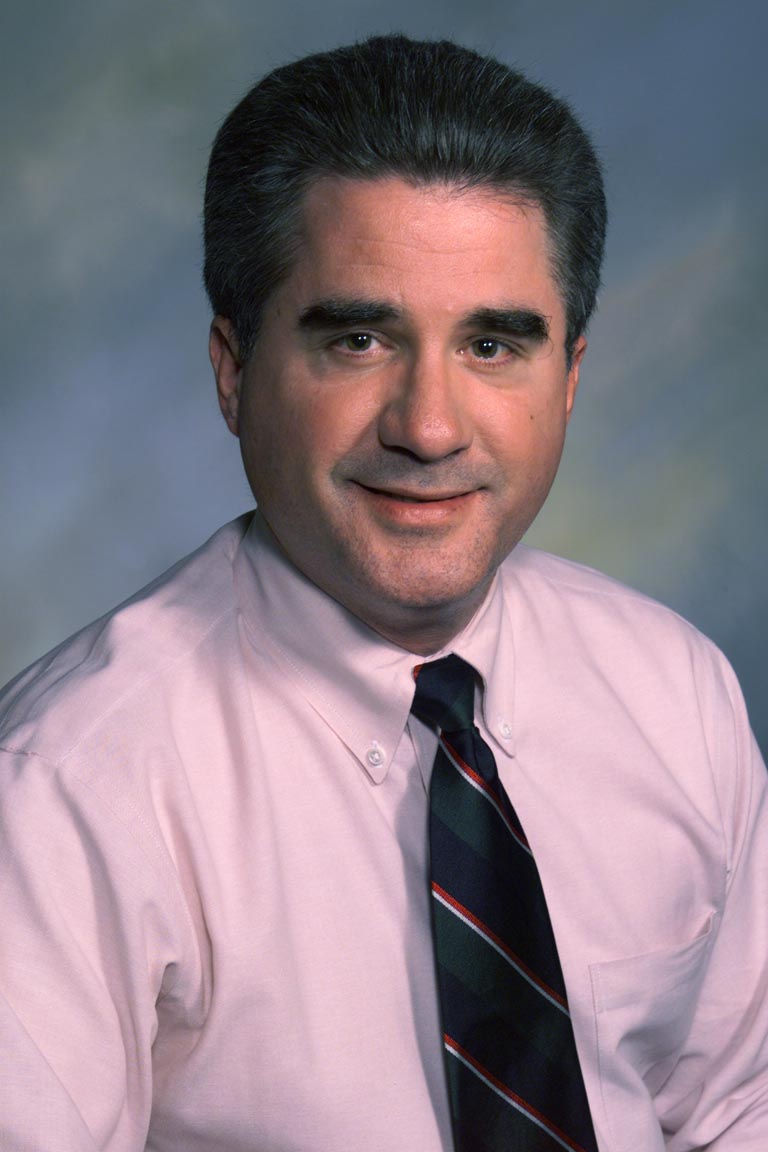
JERUSALEM (BP)–The empty tomb is emptier than usual this year.
The Garden Tomb in Jerusalem — believed by many to be the place where Jesus’ body was laid, and where he rose from the dead — sits just outside the walls of the Old City near the Damascus Gate. It is a serene place of trees, shady paths and flowers, a place for prayer and adoration.
Unearthed in the 19th century, the site fits the biblical description of the garden of Joseph of Arimathea. A winepress and large water cistern indicate a rich man once owned the place. It lies near the old roads to Damascus and Jericho, beside an ancient rock quarry — a likely place for Jewish stonings and Roman executions.
A small cliff at the quarry looks like the face of a skull: Two jagged holes suggest eyes, an outcropping of stone a nose. Golgotha? Quite possibly. Above it, on the hill where Jesus may have been crucified, sits an old Muslim cemetery, a few scruffy trees — and a big TV antenna.
The tomb stands open. A rectangular doorway, with a groove across the bottom where a large circular stone could have been rolled to seal it, leads into a small chamber cut from the rock. There is room for a few mourners and a separate resting place for the body.
Perhaps it is the actual location of Christ’s resurrection. Perhaps not. Either way, it is a holy place, strangely quiet despite the noise and traffic just outside the garden walls.
On a recent Friday afternoon, it was too quiet.
“In a normal year, we get 250,000 visitors,” reported Norman Sayer, of the British nonprofit Garden Tomb Association, as he waited for the few visitors in sight to leave before locking up. “On a busy Saturday, we may have 2,000. If tomorrow we get 50, we’ll be doing well. It has really hit us.”
“It,” of course, is the wave of Palestinian suicide bombings that have devastated Israel’s psyche — and its tourist industry.
A sign at the entrance to the garden announces: “Due to the current political and security situation and its effect on Christian tourism, there will be no Sunday Services until further notice.”
There’s nothing like violence to clear a country of tourists. They fear being in the wrong place at the wrong time, even if their statistical chance of becoming victims is smaller than being hit by lightning on their own front porches.
But this is the Holy Land’s hour of need. Israelis and Palestinians, Muslims, Christians and Jews — are suffering the consequences of fear, confusion, hatred and despair.
Ordinary Israelis wonder whether the next bomb will have their name on it, and if their country will ever know peace. Ordinary Palestinians cower or seethe in their homes under harsh military curfews, with no work, few ways to provide for their children, little hope for the future.
Jesus Christ is not in the Garden Tomb or any other tomb; he is risen. But his Spirit is in the land, moving among hurting people on all sides. “The Lord is close to the brokenhearted, and saves those who are crushed in spirit,” says Psalm 34:18.
One imagines Jesus looking on the multitudes with compassion, as he did long ago, while they wander like sheep without a shepherd. One can almost hear him saying to his followers, as he did one night in another garden, “My soul is overwhelmed with sorrow…. Stay here and keep watch with me” (Matthew 26:38).
The Lord does not need “Christian tourists” in the Holy Land during these troubled times. He needs Good Samaritans who will come and be with the people, listen to them, weep with them, pray for them, love them and bind up their wounds.
That’s what Southern Baptist volunteers are doing this summer among Palestinians in Gaza and the West Bank as they bring food into refugee camps and homes, toys and smiles for children, encouragement and prayer for parents in despair. They’ve already visited 1,800 Palestinian homes — Muslim and Christian — and hope to visit 1,000 more. Some of those homes are in Bethlehem, where Jesus came into the world.
Many of the volunteers were told by friends back home (including some fellow church members) they were “crazy” for going into such a violent area. They went anyway. It has nothing to do with the seemingly intractable politics of the region — and everything to do with the healing love of Christ.
“God works in the midst of the storm,” says volunteer Alan Jones, a carpenter from North Carolina who also has aided hurricane victims in Honduras and Sept. 11 survivors at the Pentagon.
“God is there, and that’s where I want to be.”
Pray for the peace of Jerusalem — and do something about it.
–30–
(BP) photo posted in the BP Photo Library at https://www.bpnews.net. Photo title: TRICKLE OF TOURISTS.















